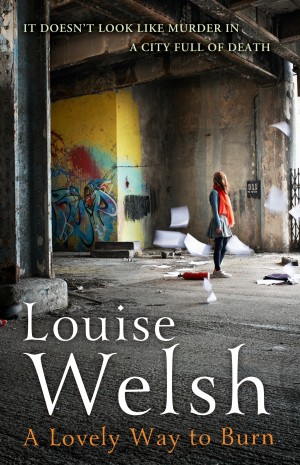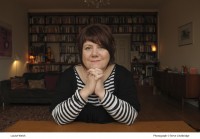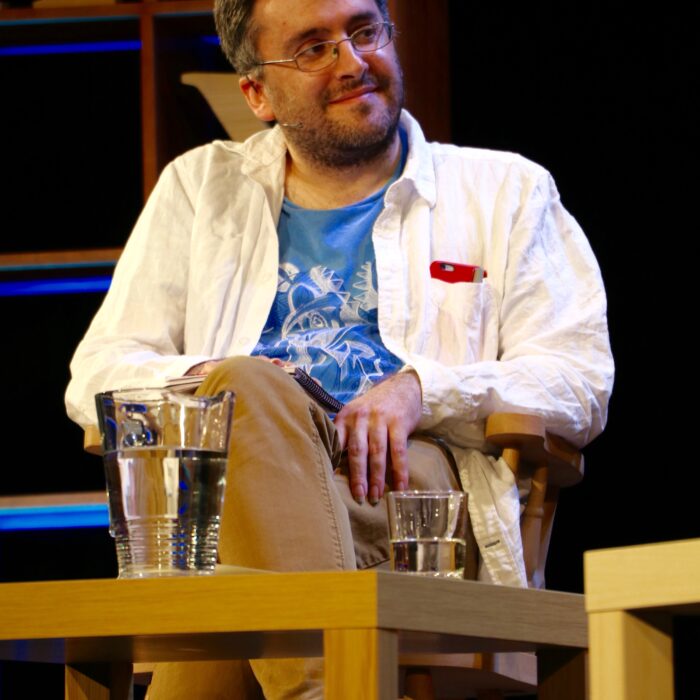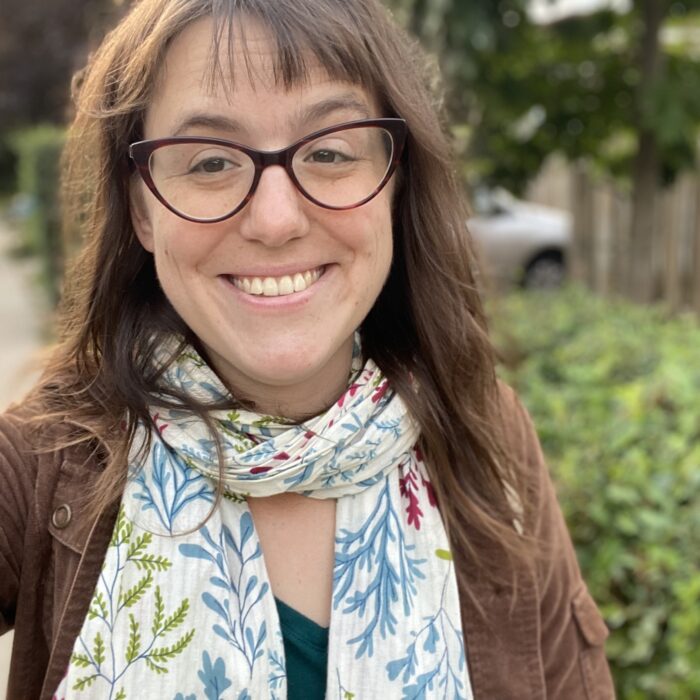You have no items in your cart. Want to get some nice things?
Go shopping Litro: A Lovely Way to Burn is set against a backdrop of London in crisis, as an epidemic sweeps through the city and law and order break down. Obviously this setting owes a debt to real life events, but what specifically inspired it?
Litro: A Lovely Way to Burn is set against a backdrop of London in crisis, as an epidemic sweeps through the city and law and order break down. Obviously this setting owes a debt to real life events, but what specifically inspired it?
Louise: The ideas for A Lovely Way to Burn have been percolating in me since childhood. I was brought up during the Cold War and at times it seemed like there was a real possibility of nuclear disaster. The feeling was intensified by TV programmes such as Threads which imagined the aftermath of a nuclear war.
Britain’s nuclear weapons programme is housed in the Firth of Clyde, not far from where I live, and I have often seen Trident submarines making their way along Loch Long. The juxtaposition of mountain, loch and the potential for mass destruction is a powerful one.
I have drawn on contemporary fears of mass pandemic rather than nuclear disaster because it holds more prospects for survivors.
Litro: Stevie Flint is an intriguing character, shallow and glossy on the surface but actually as tough as her surname suggests. What attracted you to the character? How much should we read into the fact that she has a man’s name?
Louise: Stevie is a good looking, sporty young woman who sells all sorts of useless stuff on a television sales channel. She initially comes across as good fun but superficial, but Stevie knows what is important – friendship, loyalty and justice. I like her bravery and the way she uses her talents – all those early morning jogs and Pilates lessons are put to good use during her adventures!
Stephanie or Steph just wouldn’t suit Stevie. She has a bit of metal in her soul.
Litro: Stevie started out as a journalist, but she ends up working in telemarketing. To what extent do you think that journalism is still a male-dominated industry? Was her character ever intended as a criticism of this?
Louise: Stevie’s move from journalism to sales girl on a TV shopping channel is not intended to be a statement on the male domination of journalism. New technology means that traditional journalism is an industry in crisis. Stevie is a victim of this trend. I wanted her to know what it is to fail at something close to her heart, but also to have skills that make her a good investigator.
Litro: Who are the writers you most admire? And who are you reading right now?
Louise: JG Ballard, Muriel Spark, William Burroughs, Patricia Highsmith… I could go on and on. At the moment I am compiling an anthology of one hundred ghost stories, so I am reading tons of creepy stuff and having lots of nightmares.
Litro: Tell us about your work environment: where do you write? What surrounds your workspace?
Louise: I love features about writers’ beautiful studies, but in reality you don’t need somewhere smart to write, just a bit of peace and quiet. I wrote my first three books in a small bedroom, just inches from where I slept. I now rent a teeny office in The Briggait, Glasgow’s old fish market which has been turned into artist’s studios. It is a fabulous building with lots of light, but my office is a mess of papers. There are maps and plot outlines stuck to the walls – it looks like a serial killer’s bedroom!
Litro: Crime fiction seems to be a genre in which women writers have excelled, often outselling their male counterparts. What do you think makes women so well suited to writing crime?
Louise: Genre fiction is more welcoming to outsiders than other forms of literature. Women are suited to writing in all varieties of fiction, but are perhaps more likely to be published in crime, horror, erotica etc.
Litro: What can we expect to see from you next?
Louise: Book two in the Plague Times trilogy. At the moment it is called Death is a Welcome Guest, but the title may change. They often do.

Louise Welsh is the author of five highly acclaimed novels including The Cutting Room and, most recently, The Girl on the Stairs. She has been the recipient of several awards. A Lovely Way to Burn is the first novel in the Plague Times trilogy. Find out more information on Louise’s website: www.louisewelsh.com.
About Dan Coxon
Dan Coxon is the Magazine Editor for Litro.co.uk, and the author of Ka Mate: Travels in New Zealand. He lives in London, where he spends his spare time looking after his two-year old son, Jacob. His writing has most recently appeared in Salon, The Portland Review, Neon, Gutter, The Weeklings, The Nervous Breakdown, Spartan, and the Ben Tanzer-edited anthology Daddy Cool. Find more of his writing at www.dancoxon.com, or follow him on Twitter @DanCoxonAuthor.



